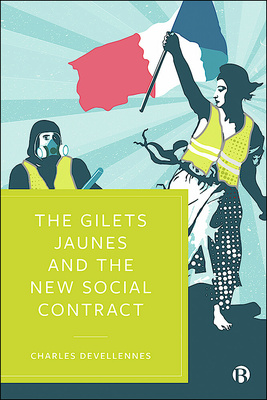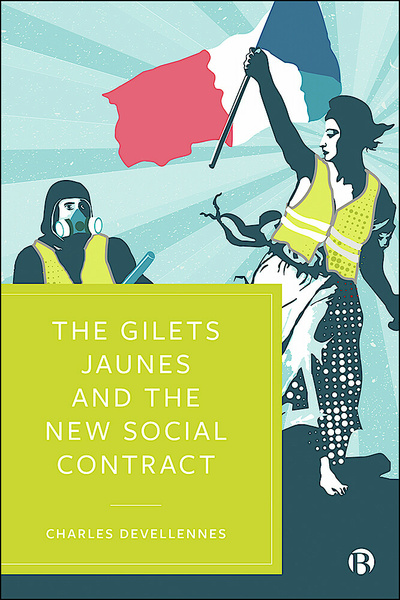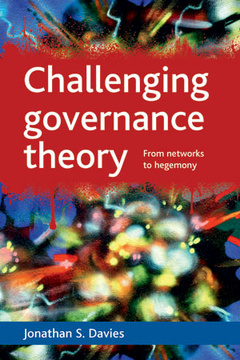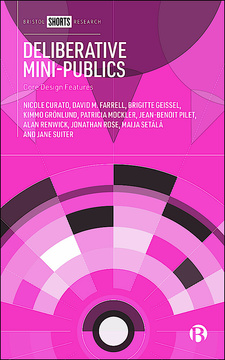The Gilets Jaunes and the New Social Contract
By Charles Devellennes
Published
Jan 19, 2022Page count
180 pagesISBN
978-1529212211Dimensions
234 x 156 mmImprint
Bristol University PressPublished
Jan 8, 2021Page count
180 pagesISBN
978-1529212204Dimensions
234 x 156 mmImprint
Bristol University PressPublished
Jan 8, 2021Page count
180 pagesISBN
978-1529212228Imprint
Bristol University PressPublished
Jan 8, 2021Page count
180 pagesISBN
978-1529212228Imprint
Bristol University PressThis book provides a lively account of the gilets jaunes, the yellow vest movement that has shaken France since 2018. Charles Devellennes assesses what lessons can be drawn from their activities and the impact for the contemporary relationship between state and citizen.
Informed by a dialogue with past political theorists – from Hobbes, Spinoza and Rousseau to Rawls, Nozick and Diderot – and reflecting on the challenges posed by the yellow vest movement, the author rethinks the concept of the social contract for contemporary societies around the world. It proposes a new relationship between the state and the individual, and establishes the necessity of rethinking the modern democratic nature of our representative polities in order to provide a genuine process for the healing of social ills.
“In using the gilets jaunes movement to argue for a new social contract, the book offers fresh insights into the root causes of the protest movement, an appealing read for anyone interested in contemporary French politics and society.” Nick Parsons, Cardiff University
“Devellennes applies a theoretical model to the contemporary issue of the gilets jaunes movement in a way that illuminates both our modern condition and the theoretical tradition that has shaped our time.” James Martel, San Francisco State University
Charles Devellennes is Senior Lecturer in Political and Social Thought at the University of Kent.
Introduction;
Critical times for the social contract;
Violence and the state;
Liberty;
Democracy;
Economic justice;
A renewal of the social contract;
Conclusion


















